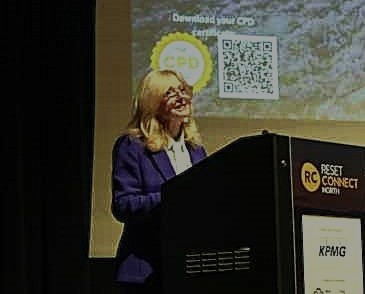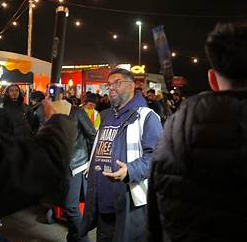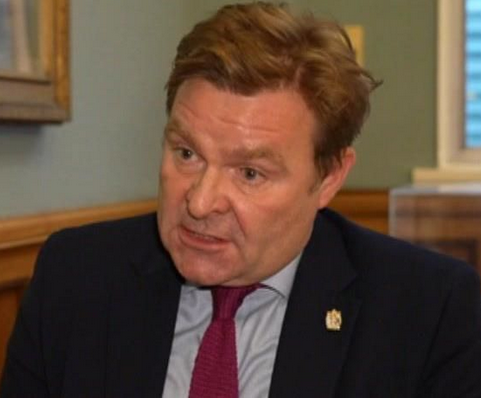Researchers have compiled a list of things the nation feels will be no longer with us by the year 2025 – and no surprise that cheque books came out top with 69 percent of those polled claiming they will disappear. We also expect to have seen the last of high street staples such as fishmongers (34 percent), greengrocers (31 percent) and estate agencies (26 percent) within the next decade, according to the study.
Nearly three-quarters of those surveyed think the High Street landscape will have dramatically changed in the next 10 years as more and more consumers shop online for goods and services – mainly due to convenience (37 per cent), the availability of better deals (23 per cent) and the ability to transact 24-hours a day.
However much to the delight of food campaigners, 26 percent of those polled say that sugary drinks will be consigned to the dustbin of history along with DVD players (19 per cent).
Trends expert and consumer futurist William Higham said: “Britain today is being rocked by change. Technologies are driving a revolution in the way we live, shop, eat and work that could be as big as that created by the printing press in the 16th Century or the steam engine in the 19th Century.
“This poll shows the impact it’s having: accelerating some industries and side-lining others, changing consumer attitudes and behaviours, making us into ‘Smart Consumers’.
"Why push your way through crowds on a Saturday to buy things you can order more cheaply online from the comfort of your sofa? As a result, the High Street of the 1980s – with its box retailers and estate agencies – is crumbling.
"The poll also shows how important tradition is to the average Briton, but also how accepting Britons of all ages are of change.
"Consumers still want their local High Street, but they now want it to centre on local experiences such as yoga studios, juice bars and farmers markets. We expect – and want - British staples like pubs to continue. But we have embraced innovations like mobile phones, contactless payments and coffee chains as new ‘traditions’ we expect to continue in future.”
By contrast, homeownership tops the list of things we expect to stand the test of time (65 per cent), followed by fast food (48 percent) the coffee shops (47 percent) and cinemas (28 percent).
But the survey results are without a doubt most worrying for the traditional High Street agency as it’s revealed that six out of ten respondents said they would not be surprised by the demise of traditional ‘wheeler dealer’ style agents – and their fleets of expensive cars – because of their failure to adapt to changing consumer demand.
Unsurprisingly, there were little regret over the demise of the High street estate agency with 49 percent of people polled saying they charged rip off fees. And it isn't hard to see why. The typical home seller pays a 1.4 per cent commission to an estate agent, or around £4,000 on the average UK property - for them to do, in reality, very little as 95 per cent of people now start their search for a new property on one of the online portals such as Rightmove or Zoopla.
Rob Ellice, CEO of online estate agent easyProperty, who commissioned the study with over 1,500 Brits said: “This research shows that Brits think High Street estate agencies have not responded to consumers' changing needs and are soon to be wiped out.
“Nearly 95 per cent of now start their property search online, while just one in 25 does so by visiting an estate agency. The property sector has been the last to adopt and adapt to new technologies, just look at the changes brought to the travel and hospitality sectors by Airbnb, Expedia, Uber and JustEat.
“The property sector is ready to take off and we have got an internationally recognised brand. We can offer choice, giant savings of thousands of pounds and scale – we have a national presence. It will be a new style of estate agent of the future.”
















